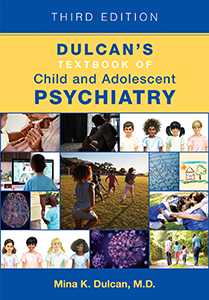Chapter 14.Bipolar Disorder
Sections
Excerpt
Typical onset of bipolar disorder occurs from puberty and into early adulthood. In various editions of DSM, the diagnostic criteria have fluctuated between broader and narrower approaches, reflecting a tension between being more inclusive and being more precise and predictive. The DSM-5 criteria (American Psychiatric Association 2013) represent an effort toward being more restrictive. The changing bipolar disorder criteria from one DSM edition to the next and the broad or narrow definitions used by different investigators are not superimposable. These differences may have a direct bearing on the understanding of the condition’s etiology, biological markers, and treatment response.
Access content
To read the fulltext, please use one of the options below to sign in or purchase access.- Personal login
- Institutional Login
- Sign in via OpenAthens
- Register for access
-
Please login/register if you wish to pair your device and check access availability.
Not a subscriber?
PsychiatryOnline subscription options offer access to the DSM-5 library, books, journals, CME, and patient resources. This all-in-one virtual library provides psychiatrists and mental health professionals with key resources for diagnosis, treatment, research, and professional development.
Need more help? PsychiatryOnline Customer Service may be reached by emailing [email protected] or by calling 800-368-5777 (in the U.S.) or 703-907-7322 (outside the U.S.).



